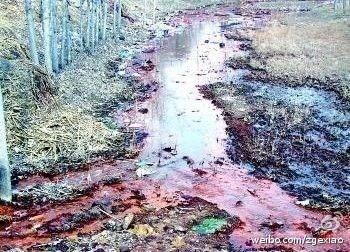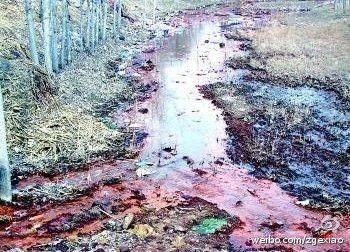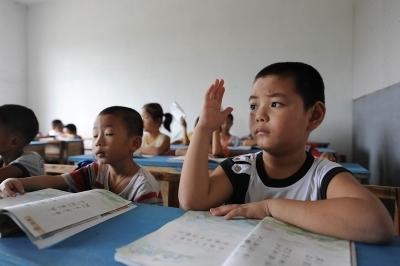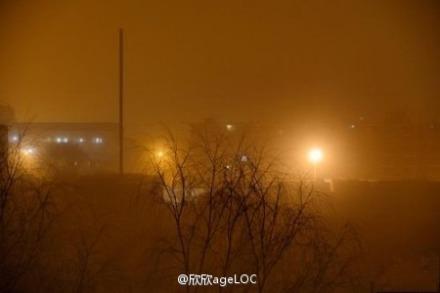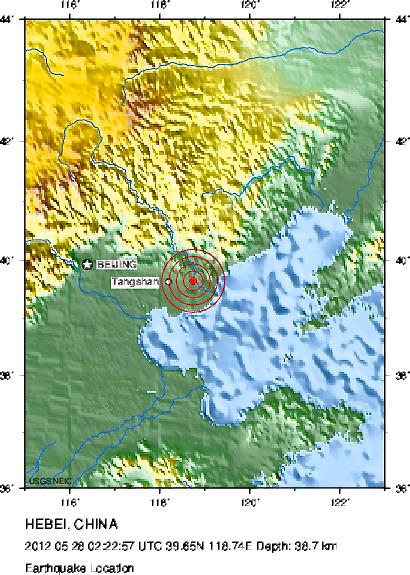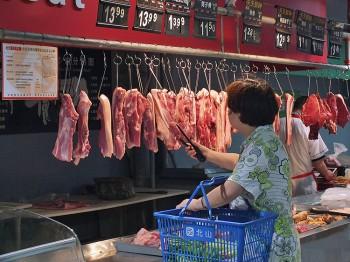People in the little town of Jinling, Shandong Province, live in the shadow of death, surrounded on three sides by chemical plants discharging toxic waste into their groundwater.
According to a report from China National Radio, locals say there is a funeral nearly every day, and the public cemetery is almost full with more and more new graves.
Jinling is located near the Qilu Chemical Industrial Park in Zibo City. A chemical distribution company releases waste into a small stream that borders the township. The stream used to be clear and sparkling, but is now an exotic peacock blue, and the stench is overwhelming.
Cancer is so common here that villagers tease each other about the “cancer virus”, and the village is well-known at the provincial cancer hospital. Whenever a patient arrives from Zibo City, the staff ask, “Are they from Jinling?”
With rapidly developing terminal gastric, lung, and esophageal cancers, the villagers in this town of about 15,000 are dying in their 30s and 40s. In many cases, by the time the cancer is diagnosed, they are already terminal.
The water is so poisonous that brides who marry outside the village only come back to visit for a day, and then leave right away. They would never bathe there, they say, as the contamination is so bad it burns their skin.
Since about 2005, the quality of the tap water has deteriorated, according to the villagers, and often has a reddish or yellowish tint. These days, when tap water is boiled in a kettle, a furry chemical scale quickly develops, and the water smells of benzene.
Produce grown in Jinling is shunned at the local farmer’s market, and potential customers quickly turn away when they learn where it was grown.
When villagers recently tried using well water, as they did prior to the 1970s, they found that even the wells are polluted. In their words, the water they drew up was “cloudy and disturbing” so the wells were all sealed up again.
The locals sadly recount how the poisonous water has drowned their hometown’s vitality. Young people leave to work and raise their families elsewhere. Those who stay notice there aren’t many school-age kids anymore, and there are fewer and fewer animals, like cats and dogs. Even the insects have died or flown away.
Translation by Leo Chen. Written in English by Carol Wickenkamp.
[email protected]
The Epoch Times publishes in 35 countries and in 21 languages. “>Subscribe to our e-newsletter.
